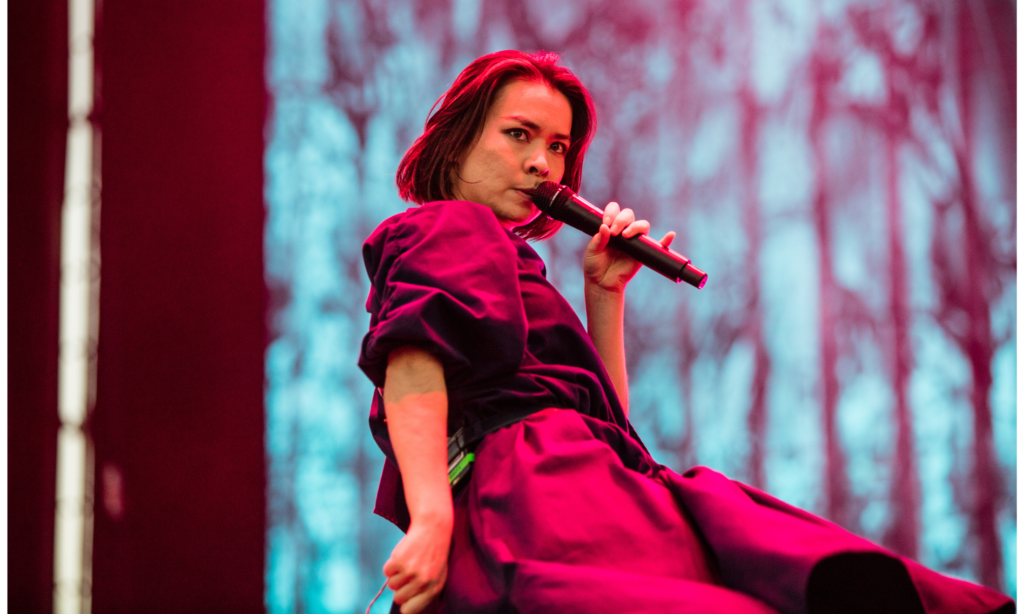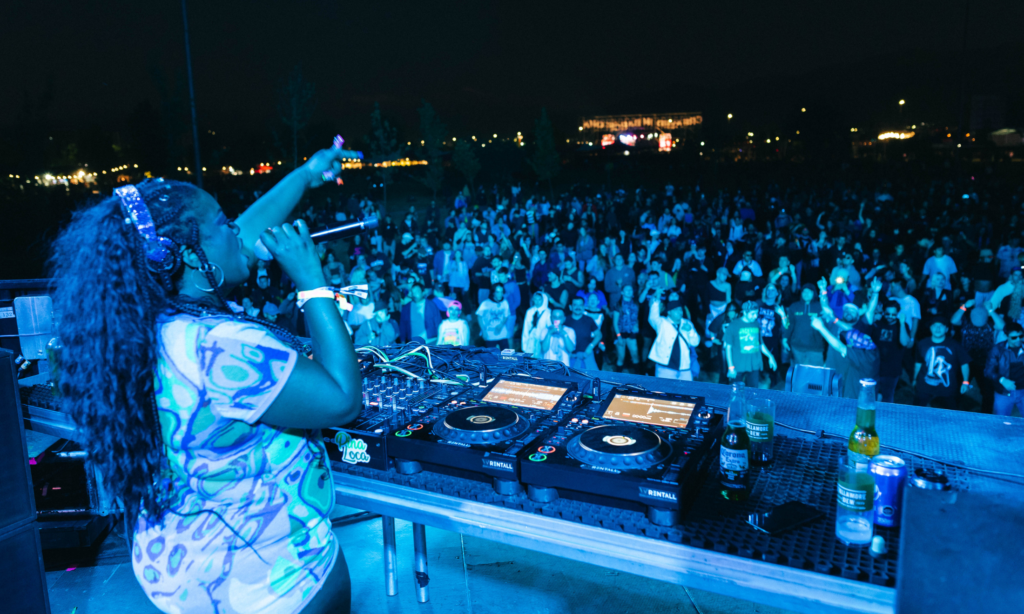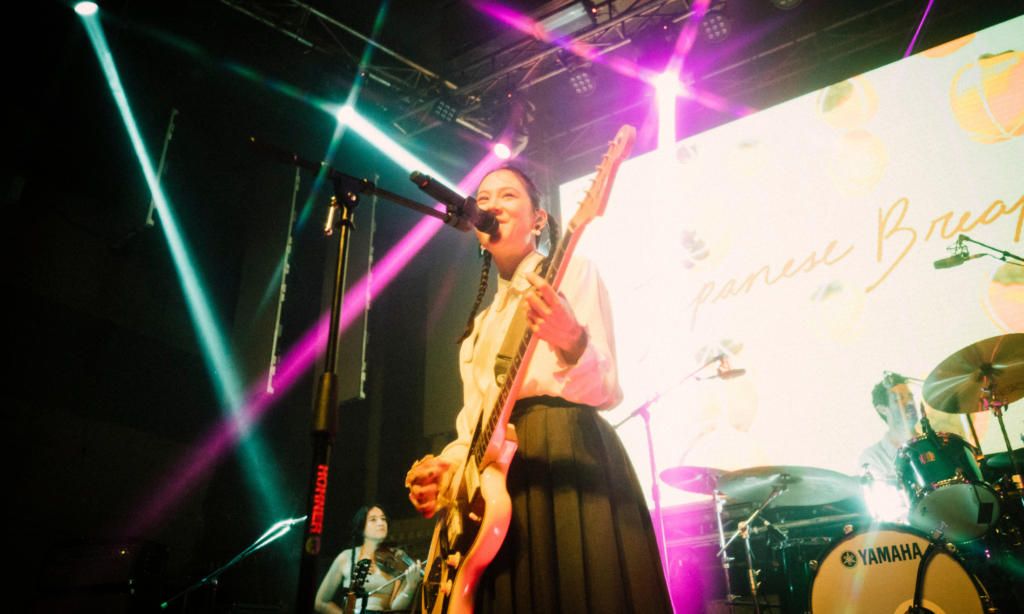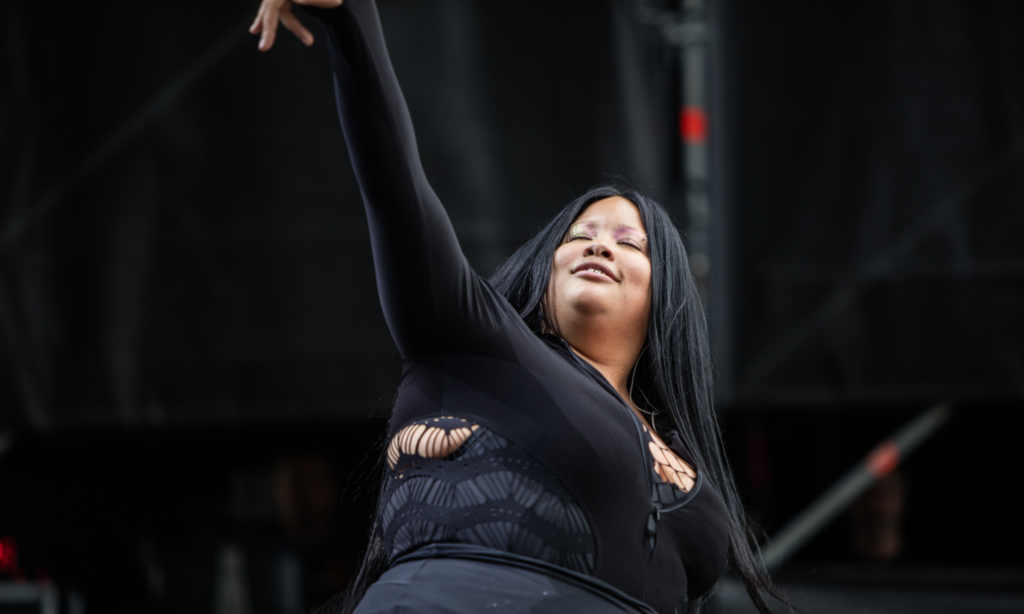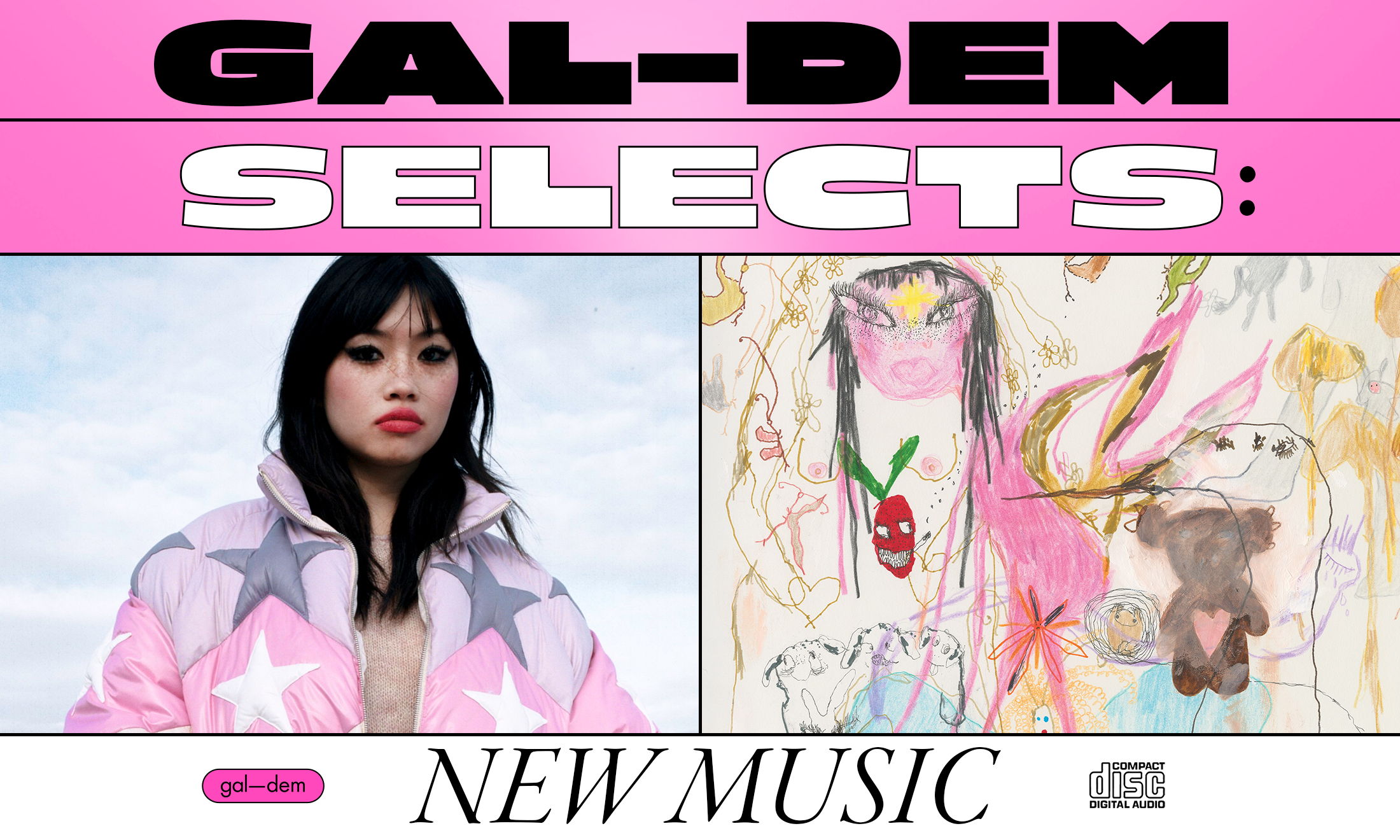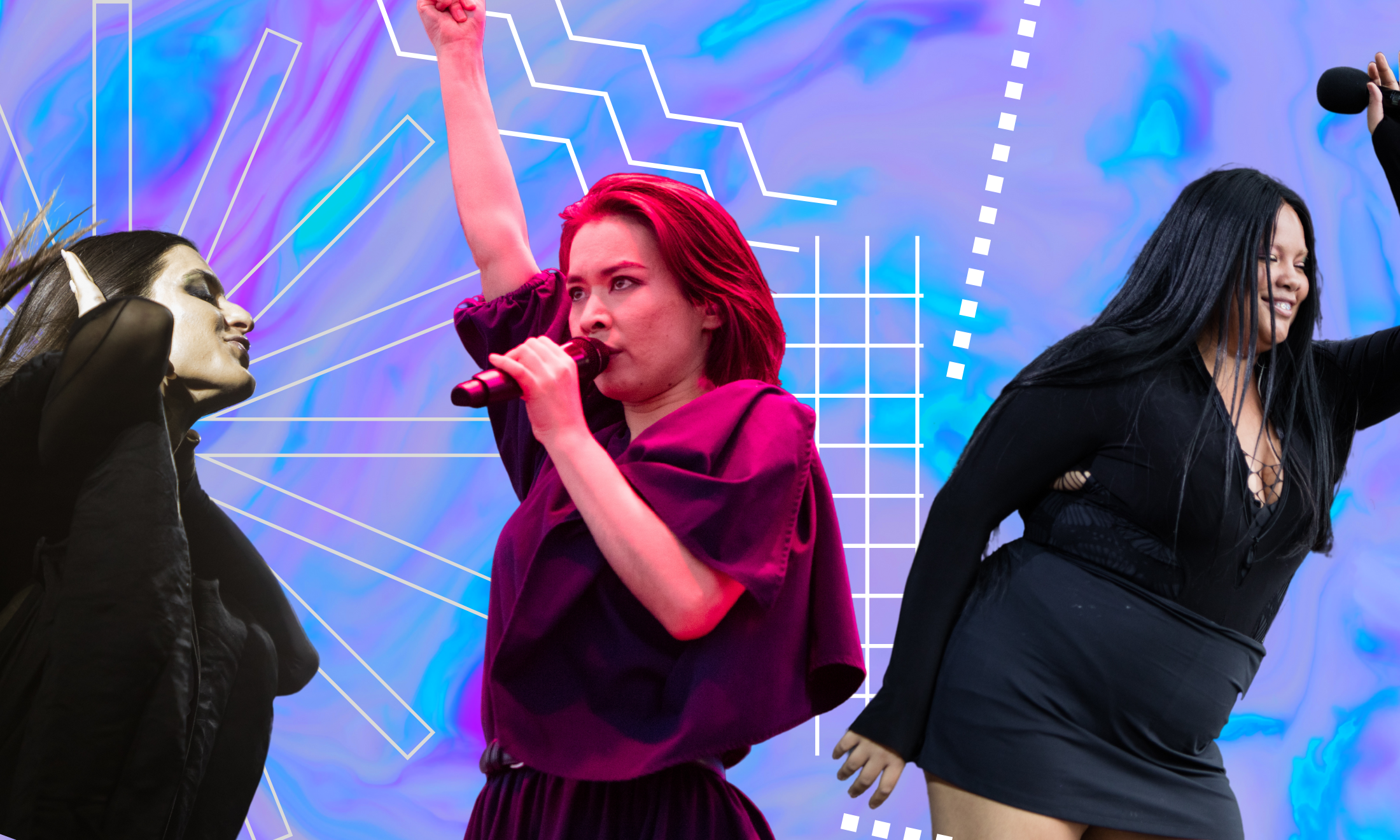
Ignacio Galvez via canva
Primavera Sound brings its inclusive line-up to a region that desperately needs it
Primavera Sound debuts in South America, where festivals still tend to fall behind when it comes to diversity.
Charis McGowan
15 Nov 2022
The atmosphere in front of the stage intensifies as the music begins and the crowd edges closer. The synths gurgle in the background, but the lights are still dimmed. Only the front few rows of people realise that Mitski is already on stage, gliding towards the microphone. “¿Puedes verla?” (”Can you see her?”), whisper two hysterical Gen Z fans next to me, strenuously tiptoeing to catch a glimpse. It’s the golden hour in Santiago, Chile; the surrounding Andes are glowing with pink tones, the snow-capped peaks just visible on the horizon behind the stage. In the glow of the sunset, one fan spots the shadow moving onstage and screams, “Ahí está! AHÍ ESTÁ!” (“THERE SHE IS!”)
“I cry at the start of every movie…” sings Mitski, opening with ‘Working for the Knife’ from this year’s album Laurel Hell, and the crowd erupts into a deafening roar. Mitski has her audience clinging to her every word, each song delivered with unwavering intensity. Rather than projecting to the crowd of thousands, she’s travelling inwards, sharing with us her most visceral emotions. For an artist who has sung about the devastating loneliness that comes from “giving too much of [her] heart”, she’s not holding back from giving her Latin American audiences all of it. But the rewards are all hers: ‘Love Me More’ and ‘Nobody’ had thousands bouncing along, demonstrating how the sheer volumes of reciprocated emotion can bubble up into a frenzied, feel-good mosh.
Mitski is one of a host of women and queer stars the Barcelona-born Primavera Sound festival has brought to its debut editions in South America, attracting 120,000 fans in Brazil and Argentina and 100,000 fans in Chile. The expansion of the Primavera Sound enterprise, which has manifested itself in Los Angeles, Porto, and Madrid, brings with it a crystallised commitment to the “new normal” gender-balanced ethos it has achieved since 2019; while other festivals are still struggling to achieve 50:50 line-ups, Primavera Sound has made inclusivity its brand and has built an empire on it.
This means a lot especially in a region where Keychange, an influential European-based initiative that encourages festivals to pledge to gender-equal line-ups, isn’t even heard of. A 2019 study by Chilean women’s rights festival and collective Ruidosa analysed 66 festival line-ups in Chile, Argentina, Brazil and Mexico and found that under 24% of acts were made up of women or mixed-gender bands from 2016 to the first half of 2018. When looking exclusively at solo women artists and women-only bands over three years, that number dropped to 9.5%. Things haven’t improved post-pandemic; this year’s Lollapalooza, the largest festival to tour the region, only billed 28 women solo artists or women-fronted bands in comparison to 78 male acts (26.4%).
With its 50:50 pledge, Primavera Sound brought female and queer musicians to further afield destinations, ensuring debut gigs in countries for both emerging and established artists. Japanese Breakfast played a euphoric sideshow in cult Santiago venue Blondie, their first ever in Chile, and were greeted with the ravenous appetite of an audience that had waited years to see them. Blitzing through the hits from the 2021’s beloved Jubilee album, including ‘Paprika’, ‘Be Sweet’, and ‘Kokomo, IN’ and finishing up with classic ‘Everybody Wants to Love You’, Michelle Zauner and her band had the walls of the packed venue shaking; the crowd jumped through each song start to finish. “It’s been a long time since I’ve been in a room this loud,” Zauner beamed, visibly blown away by the reception. “This has been my favourite gig.”
There were moments of pure magic between Primavera Sound performers, too, with Shygirl throwing a star-studded Club Shy party following her Sao Paulo set, which included Brazilian pop queen Pabllo Vittar and fellow PS artists VTSS, LSDXOXO and Charli XCX raving round her decks, with the videos from the event blowing up on social media. During her daytime festival show, Shygirl flirted throughout, inviting the crowd to “moan” with her as she sang through the hits of her recently released debut, Nymph. “So, you’re telling me you’re all sluts?” she smirked after punters joined her to sing most recent single, ‘Shlut’.
Latine artists also formed a significant part of the event, celebrating the rich contemporary music scene of the region itself. Brazilian DJ Badsista performed a riotous set; part of the Sao Paulo’s formidable queer electronic music scene, her collaborators include local legend and trans icon Linn da Quebrada. At the festival, Badsista spun her funk-techno laced hits to her home crowd backed by triumphant projections mocking the far-right Jair Bolsonaro supporters who lost Brazil’s election days before.
Venezuelan powerhouse producer ARCA took a break from rubbing shoulders with megastars – the singer has recently shared snaps with Madonna on her Instagram – to headline the festival’s second stage. Playing the same time slot as Arctic Monkeys had biblical effects on the neat division of the crowds; the festival’s sizeable queer audiences loyally flocked to ARCA, lapping up her mind-numbing, mercurial beats. From opening with a junglist revision of Beyoncé’s ‘Ring the Alarm’, before breaking into a booty-shaking salsa segment, to pulverising the senses with heavy reggaeton Safety Trance feature ‘El Alma Que Te Trajo’, ARCA brought no guests, musicians or dancers to join her, but nothing more was needed.
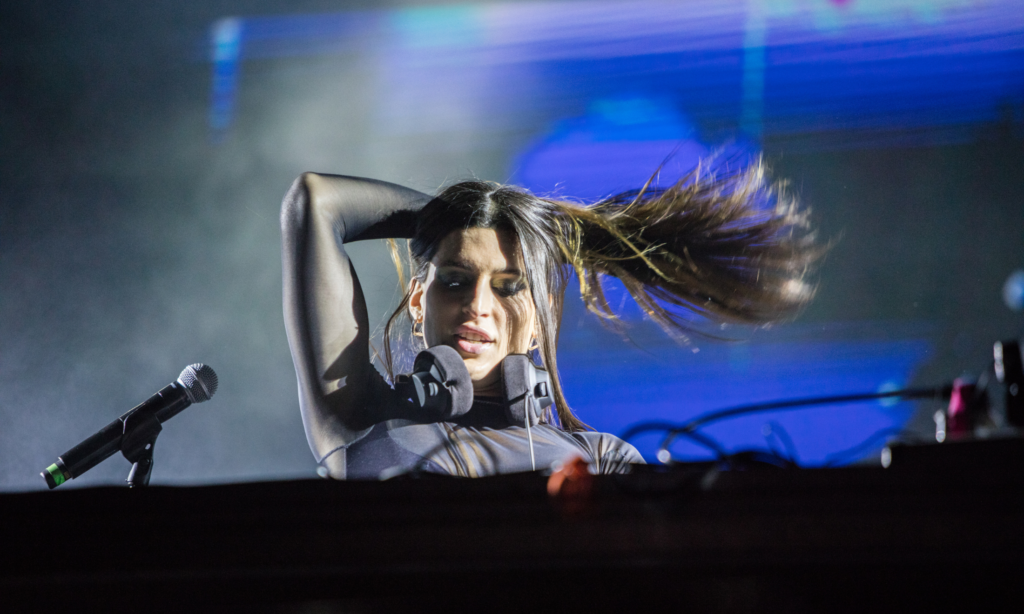
Once again, Primavera Sound’s diverse and representative lineup shows that gender-equal line ups can be achieved on a global scale. The festival gave women and queer rockstars the grandiose stages they aptly deserve while fostering safe atmosphere for women and queer people in a region that continues to confront high levels of violence towards minority groups. The effect is a win-win for everyone; bolstering opportunities for artists to reach new crowds, while giving audiences the chance to see their favourite artists in a loving, safe environment.
The contribution of our members is crucial. Their support enables us to be proudly independent, challenge the whitewashed media landscape and most importantly, platform the work of marginalised communities. To continue this mission, we need to grow gal-dem to 6,000 members – and we can only do this with your support.
As a member you will enjoy exclusive access to our gal-dem Discord channel and Culture Club, live chats with our editors, skill shares, discounts, events, newsletters and more! Support our community and become a member today from as little as £4.99 a month.

